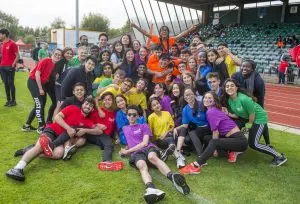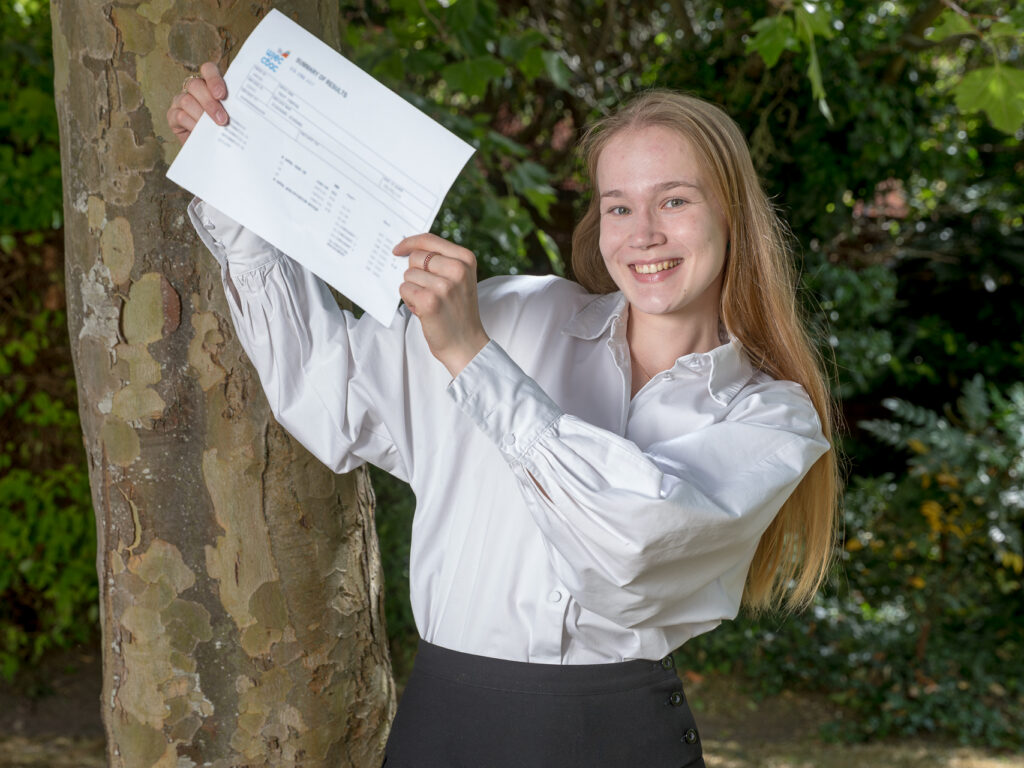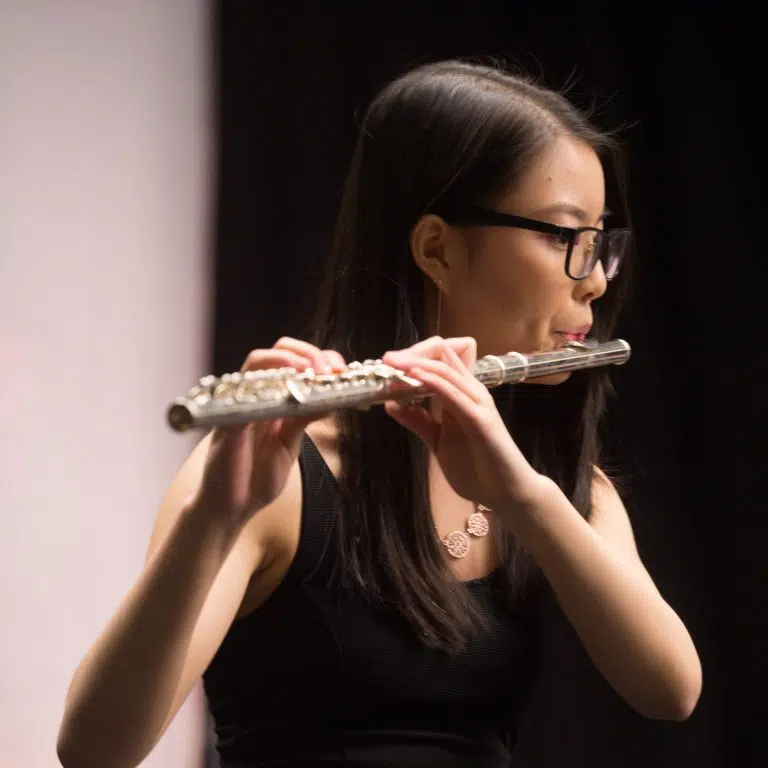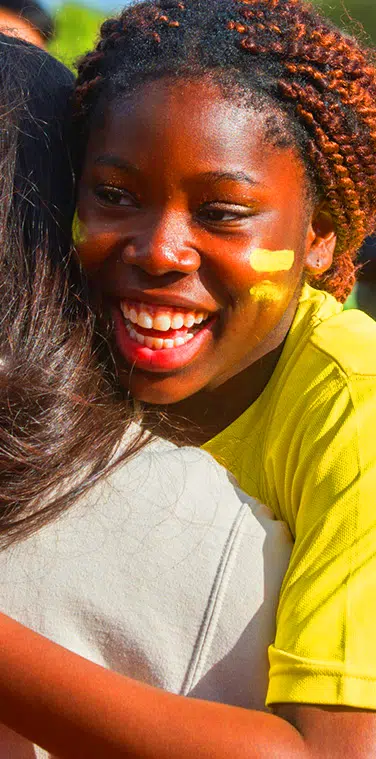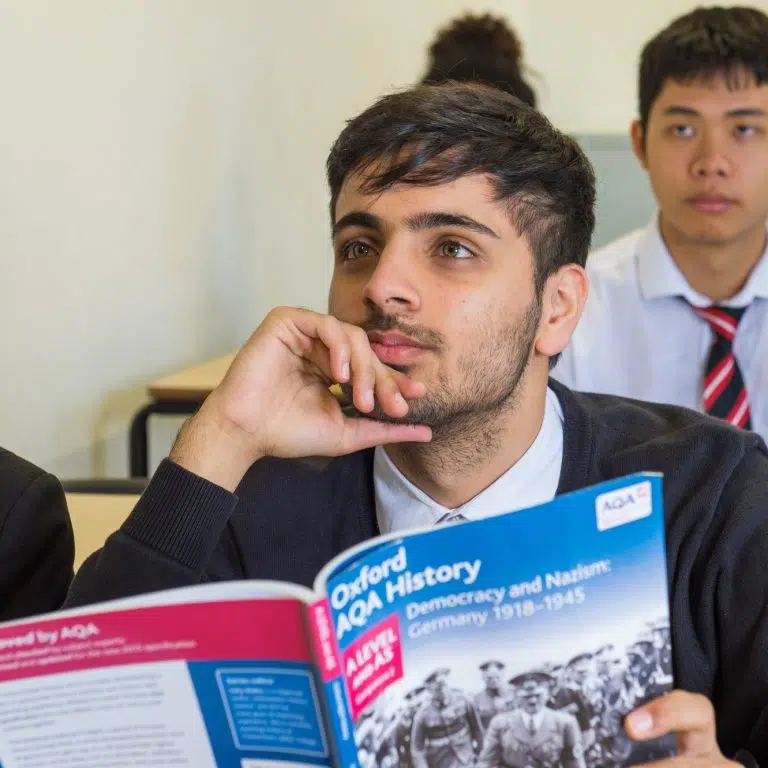It’s not every day that a top show jumper from Russia becomes a rising star in astrophysics, but Emiliia Khasanova, a student at Cardiff Sixth Form College, has done just that achieving stellar A-Level results and completing an Extended Project Qualification (EPQ) on one of the most hotly debated topics in modern astronomy: the formation of intermediate-mass black holes.
Emiliia, who studied Maths, Further Maths, Physics and Chemistry, gained an impressive four A* grades today. Her passion for science and the unknown has driven her to explore complex areas of astrophysics culminating in her EPQ titled “Which Globular Clusters Can Form Intermediate-Mass Black Holes Through Runaway Merging?”- a dissertation that earned her an A* and recognition from her teachers and peers alike.
“My EPQ was based on the dynamic evolution of star clusters,” Emiliia explains. “I looked at research into how the density, collision rates and distribution of stars can lead to a runaway merging process, potentially creating an intermediate-mass black hole. It’s a novel and debated concept – some scientists don’t even believe these black holes exist.”
Through studying research papers and modelling star systems, Emiliia explored how sink centres in dense clusters might allow stars to collide repeatedly, eventually forming a black hole. She analysed qualitative profiles, relocation dynamics and stellar density, remarkable work for someone still at school.
Originally from Russia, Emiliia spent six years competing in professional show jumping competitions before focusing her energy on academics. Now trilingual in Russian, English and German, she says learning languages has helped shape how she approaches scientific problem-solving.
“I’ve always been interested in understanding how things work. Physics gives you that foundation, especially in areas like quantum theory and black holes. I’m drawn to big questions and ambitious ideas,” she said.
She will go onto study Physics at the University of Edinburgh and possibly pursue a Master’s in Engineering or Artificial Intelligence – fields where she believes she can make a tangible impact.
Beyond the classroom, Emiliia has been active in numerous initiatives, from organising Cardiff Sixth Form College’s International Women’s Day event – featuring distinguished scientists from physics, biology and neuroscience – to welcoming new Year 12 students with digital guides and social events.
Her CV includes an impressive array of work experiences, including a rocket design project with UK Research and Innovation (UKRI), chemical engineering work with RAD, polymer science with Contamac, and a stint at Moscow’s Skolkovo Innovation Center, where she explored AI, biotechnology and heavy engineering.
“It’s not just about science in the abstract,” Emiliia said. “I want to apply what I learn, whether that’s in AI, engineering, or physics, to real-world challenges.”
From stables to star systems, Emiliia’s journey is as extraordinary as the black holes she studies, and her trajectory is just beginning.
Categories: News
